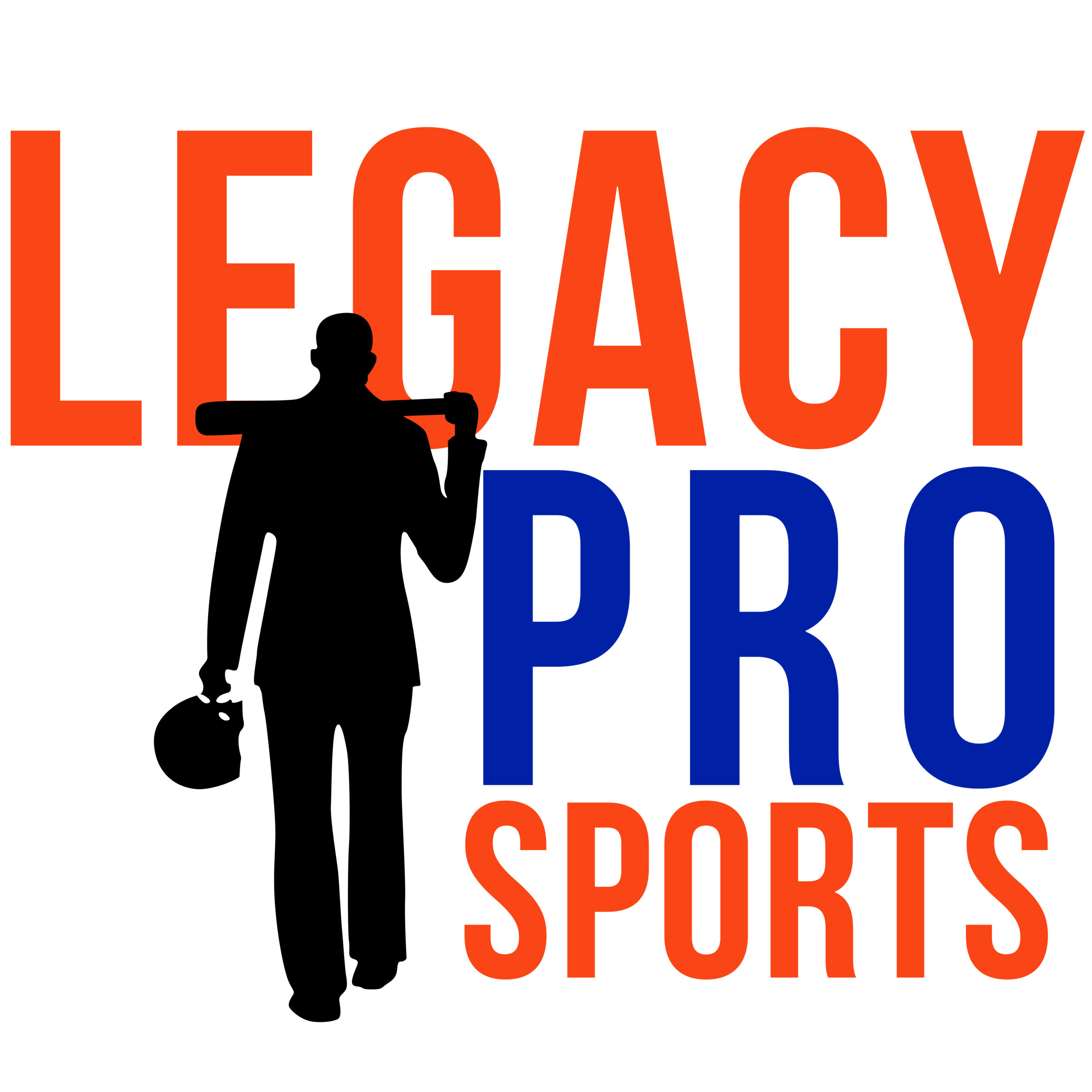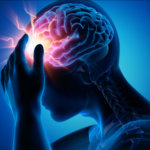In the dynamic world of professional sports, injuries are an unfortunate but inevitable part of an athlete’s journey. As athletes strive for excellence and push their physical limits, injuries can pose significant challenges to their careers. However, amidst the setbacks, there’s a fascinating aspect that offers hope and new possibilities for recovery: the role of brain mapping in athlete rehabilitation. In this article, we’ll delve into how brain mapping contributes to the rehabilitation process, allowing athletes to rewire their brains and make triumphant comebacks.
Neural Adaptation Post-Injury: Rewiring for Resilience
The human brain is a marvel of adaptability. When an athlete sustains an injury, whether it’s a torn ligament or a traumatic brain injury, the brain begins a remarkable process of rewiring itself. Brain mapping, a sophisticated technique that allows us to visualize neural connections and activity, has shown us just how the brain adapts to compensate for injuries. Through this process, new neural pathways are formed, enabling the brain to control and coordinate movements even in the presence of physical impairments. This rewiring is a key factor in motor skill recovery and adaptation, empowering athletes to regain their prowess and confidence.
Cognitive Rehabilitation: Nurturing the Athlete’s Mind
In the realm of sports, it’s not just physical injuries that athletes need to overcome. Traumatic injuries can impact cognitive functions such as memory, decision-making, and mental focus. This is where brain mapping techniques play a crucial role in cognitive rehabilitation. By mapping the brain’s activity patterns and identifying areas that may have been affected by the injury, medical professionals can tailor rehabilitation programs to target specific cognitive deficits. Through cognitive exercises, guided by brain mapping insights, athletes can gradually regain their mental acuity and sharpen their strategic thinking, setting the stage for a well-rounded recovery.
Neurofeedback for Physical Rehabilitation: Empowering the Healing Process
One of the exciting frontiers in athlete rehabilitation is the use of neurofeedback based on brain mapping data. Neurofeedback involves real-time monitoring of brain activity and providing immediate feedback to the athlete. This cutting-edge technique enables athletes to engage in targeted physical rehabilitation exercises that align with their brain’s activity patterns. By harnessing the power of neurofeedback, athletes can accelerate the healing process, optimize motor function recovery, and enhance overall rehabilitation outcomes. This personalized approach offers athletes a deeper connection between mind and body, fostering a holistic recovery experience.
Monitoring Progress: The Objective Lens of Brain Mapping
In the realm of sports medicine, accurate assessment of an athlete’s recovery progress is paramount. Brain mapping provides an invaluable objective lens through which medical professionals can track and measure the effectiveness of rehabilitation efforts. By analyzing brain activity patterns and comparing them to pre-injury baselines, clinicians can gain insights into the extent of neural recovery and adaptation. This data-driven approach enables informed decision-making regarding the timing of return to sports activities, ensuring that athletes resume play when both physically and mentally ready.
Success Stories: Triumph Over Adversity
The impact of brain mapping on athlete rehabilitation becomes truly inspiring when we witness the stories of athletes who have made remarkable comebacks. From world-renowned soccer players to Olympic gold medalists, countless athletes have harnessed the potential of brain mapping-guided rehabilitation to overcome seemingly insurmountable odds. These success stories stand as a testament to the resilience of the human spirit and the transformative power of scientific innovation. They remind us that with determination, cutting-edge technology, and a well-informed approach, athletes can rise above injuries and achieve new heights of excellence.
A New Era of Athlete Rehabilitation
In the ever-evolving landscape of sports science, brain mapping has ushered in a new era of athlete rehabilitation. By shedding light on the brain’s incredible capacity to adapt and rewire, brain mapping techniques have revolutionized how we approach recovery from injuries. From restoring motor skills to reinvigorating cognitive functions, brain mapping is a powerful tool that empowers athletes to reclaim their physical and mental prowess. As we continue to explore the depths of brain mapping’s potential, we can look forward to witnessing even more astonishing comebacks and celebrating the triumph of the human spirit in the face of adversity.




